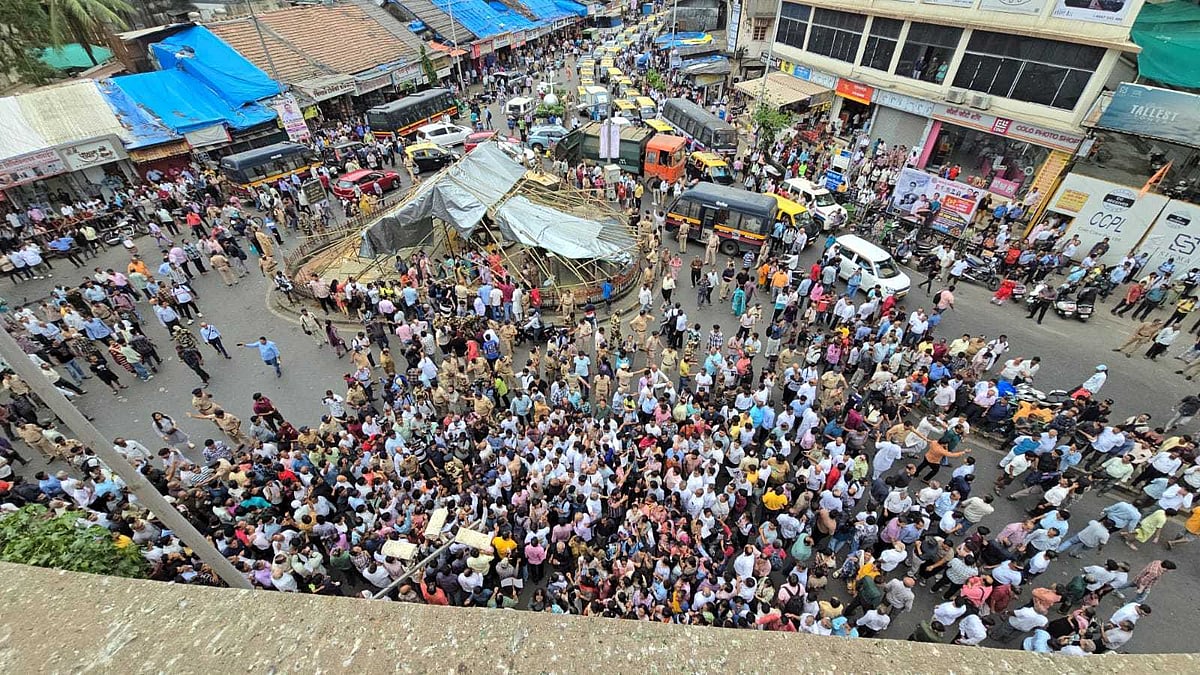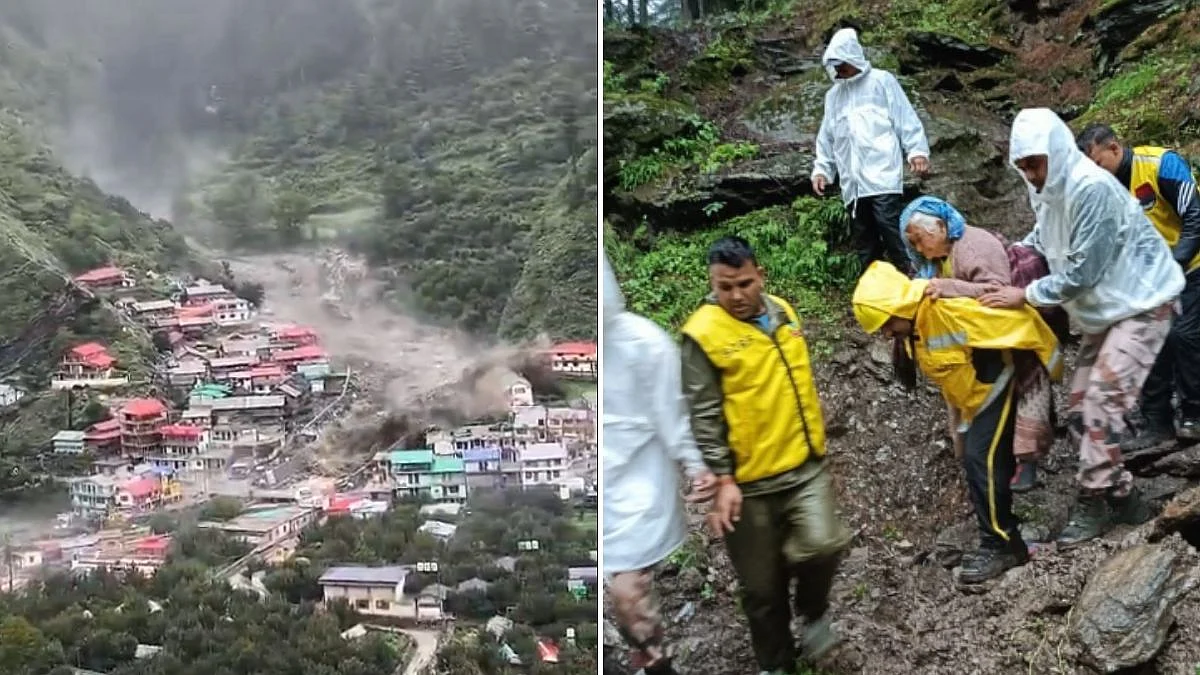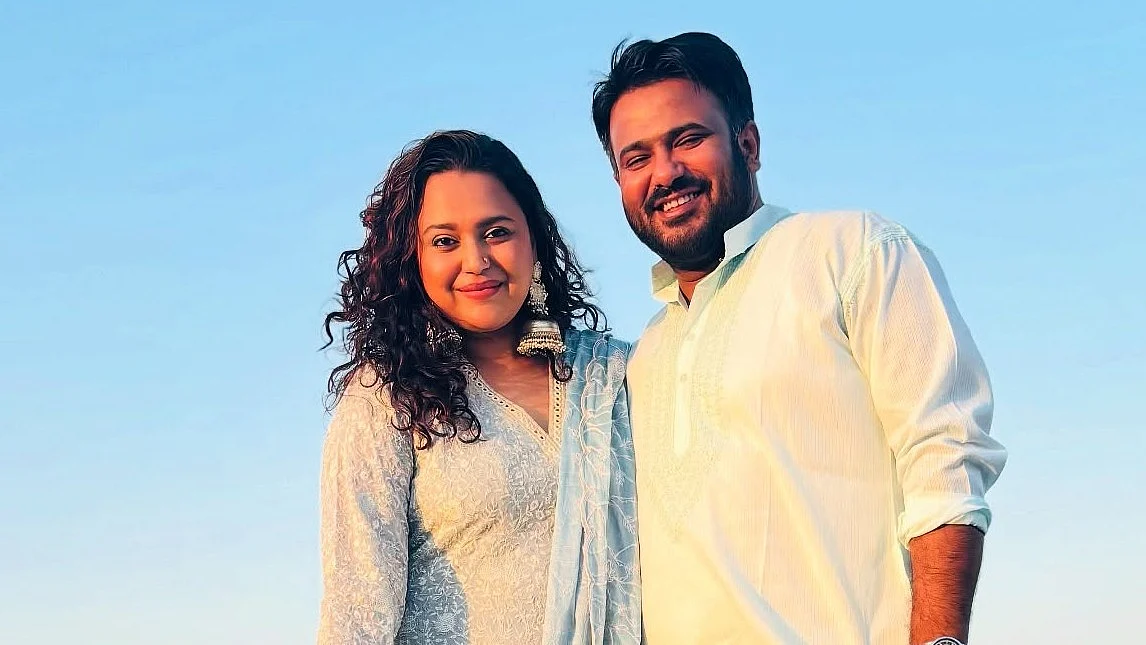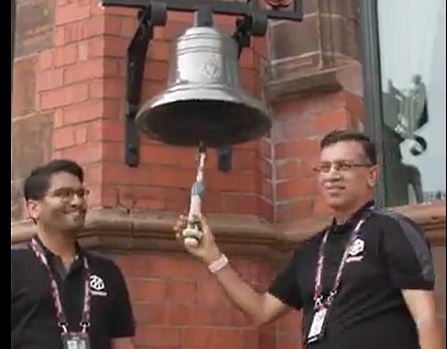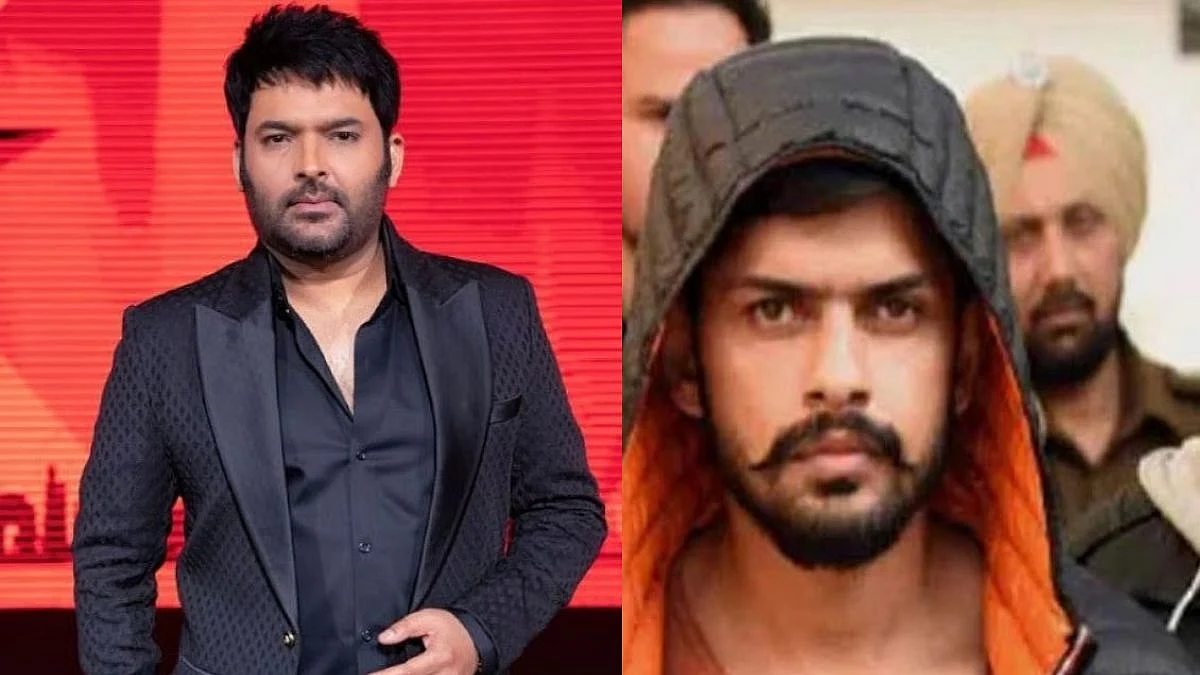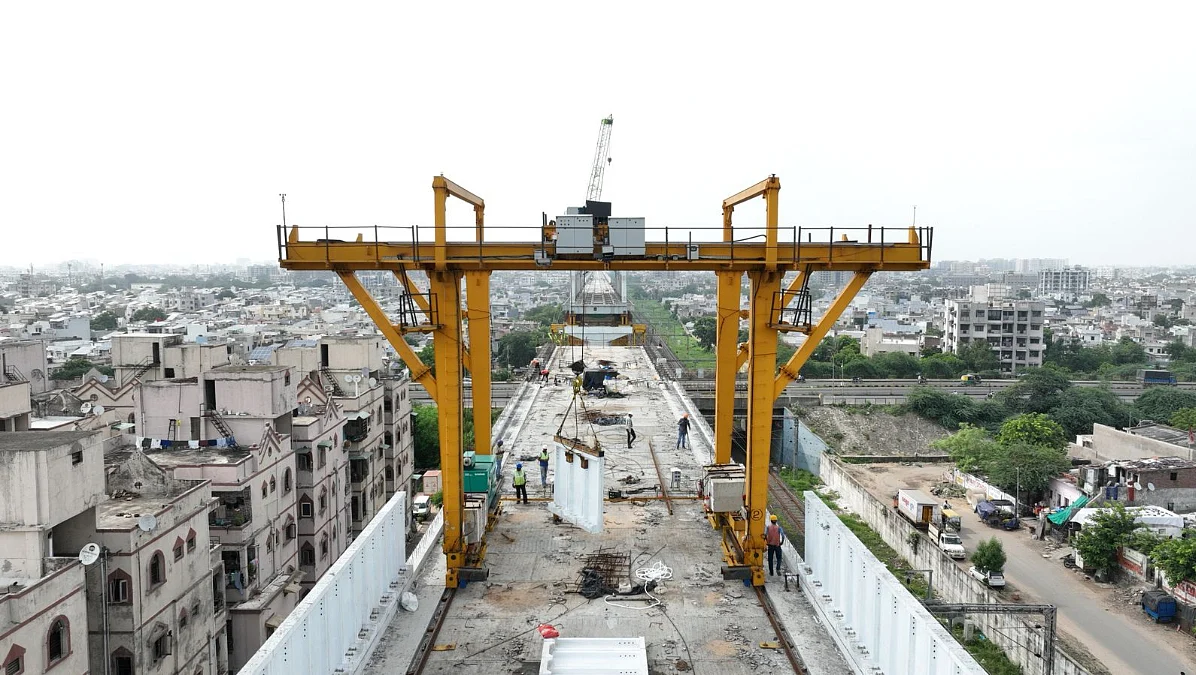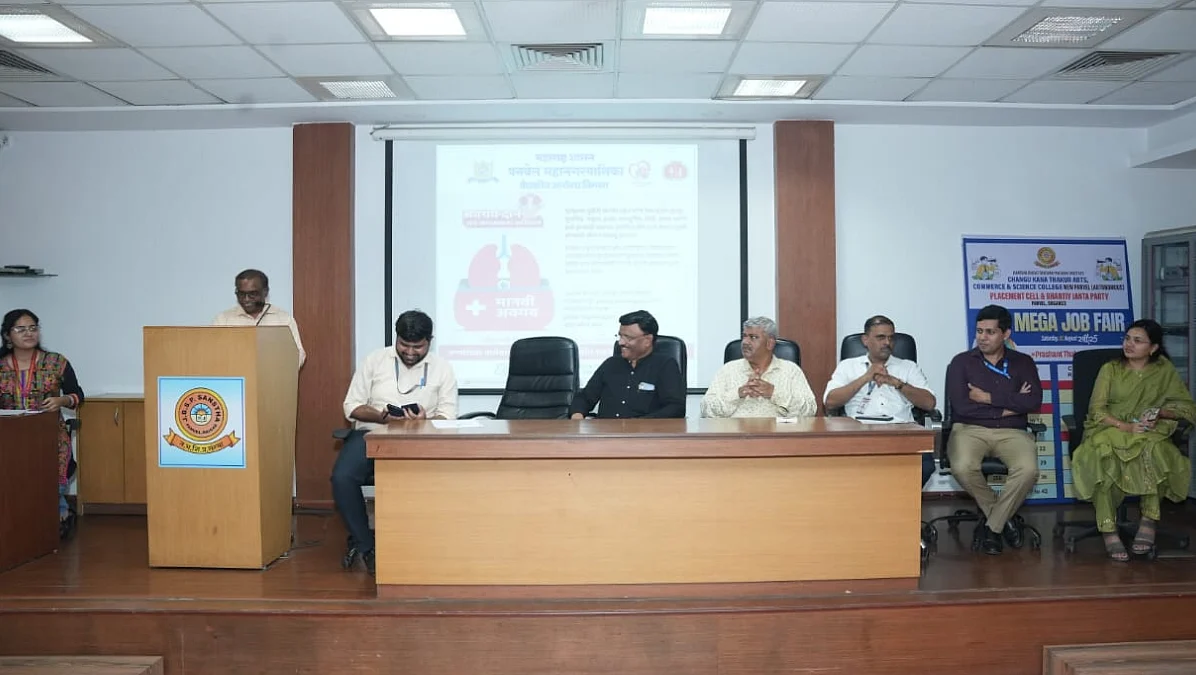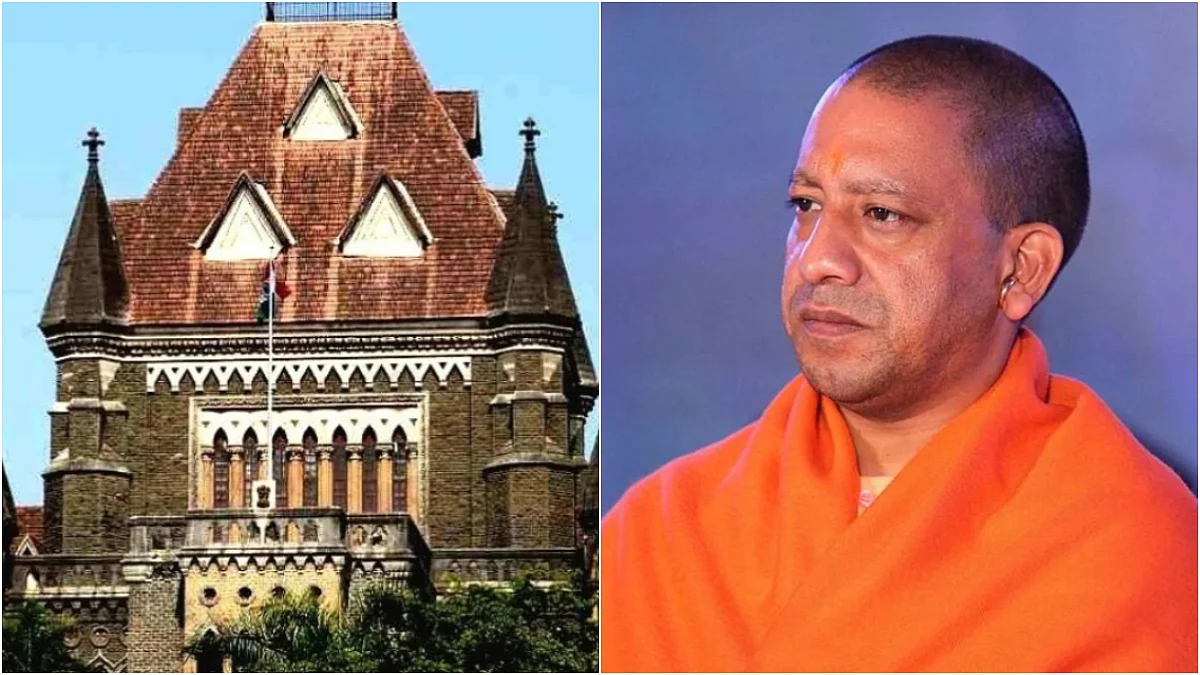Mumbai: The Bombay high court on Thursday said that its orders restraining feeding of pigeons and action against those who obstruct civic officers will continue.
Court Says Feeding Ban Stays, But Closure Was BMC’s Call
It also clarified that it had not ordered closures of kabutarkhanas and the decision was independently taken by the Brihanmumbai Municipal Corporation (BMC) in the interest of “public health”.
Court Proposes Expert Committee to Study Health Impact
A bench of Justices Girish Kulkarni and Arif Doctor said the Maharashtra government and BMC, as constitutional authorities, must resolve the “impasse” by relying on expert medical opinion to safeguard citizens’ health. The court proposed setting up a medical expert committee to assess whether kabutarkhanas pose a health risk, especially due to exposure to pigeon droppings.
“Human life is of paramount importance,” the bench said, citing reports from pulmonologists Dr Sujeet Rajan and Dr Amita Athavale of KEM Hospital linking prolonged exposure to pigeon droppings with irreversible lung damage.
“We are not experts. Let the expert committee go through the medical evidence and give its findings,” the bench said. “If something affects the larger health of senior citizens and kids, then it should be looked into. There has to be a balance.”
Earlier this week, plastic sheets placed around kabutarkhanas led to protests. Chief Minister Devendra Fadnavis said the action followed a high court order and directed the BMC to find alternative feeding spots. The court clarified, “It was the BMC’s decision (to close kabutarkhanas) which was challenged before us. We did not pass any order. We only did not grant any interim relief.”
Court Warns Protesters Against Disrespecting Orders
Responding to protests, the bench said firmly: “We will not allow any citizen to disrespect court orders. If someone wants to challenge our orders, they must follow the due process under law.”
The judges said it was the government’s responsibility to take a call based on expert recommendations. “These are public places where thousands reside.... There are few who want to feed (pigeons). It is for the government to take a call.”
The court stressed the constitutional duty of the State and BMC to protect the rights of all citizens. “All medical reports point at irreversible damage caused by pigeons. Human life is of paramount importance,” it reiterated.
The judges said that since they were not qualified to interpret medical data, a scientific assessment was necessary. “The State can consider appointing a committee as it is the guardian and custodian of public health,” the court added. If expert recommendations support the BMC’s actions, “they must prevail in the interest of public health”.
“Prima facie, this is the only way the impasse can be resolved,” the court said. It referred to the fundamental duties under Part IV-A of the Constitution to “develop scientific temper and humanism”, and to “protect and improve the natural environment, wildlife and compassion for living creatures”.
Judges Reiterate Human Life Takes Priority Over Religious Claims
Responding to petitioners citing religious freedom, the court said such rights are subject to public health and reasonable restrictions. “They say it is their religious freedom, but it is subject to public health,” the bench said.
The court also suggested a “workable mechanism” could be devised after consulting bodies like the Bombay Natural History Society and the Animal Welfare Board. If petitioners still wish to feed pigeons, they may apply to the BMC for permission.
Hearing Adjourned to August 13; AG Asked to Remain Present
The court scheduled the next hearing for August 13 and directed the Advocate General to remain present for the order on constituting the expert panel.
Also Watch:
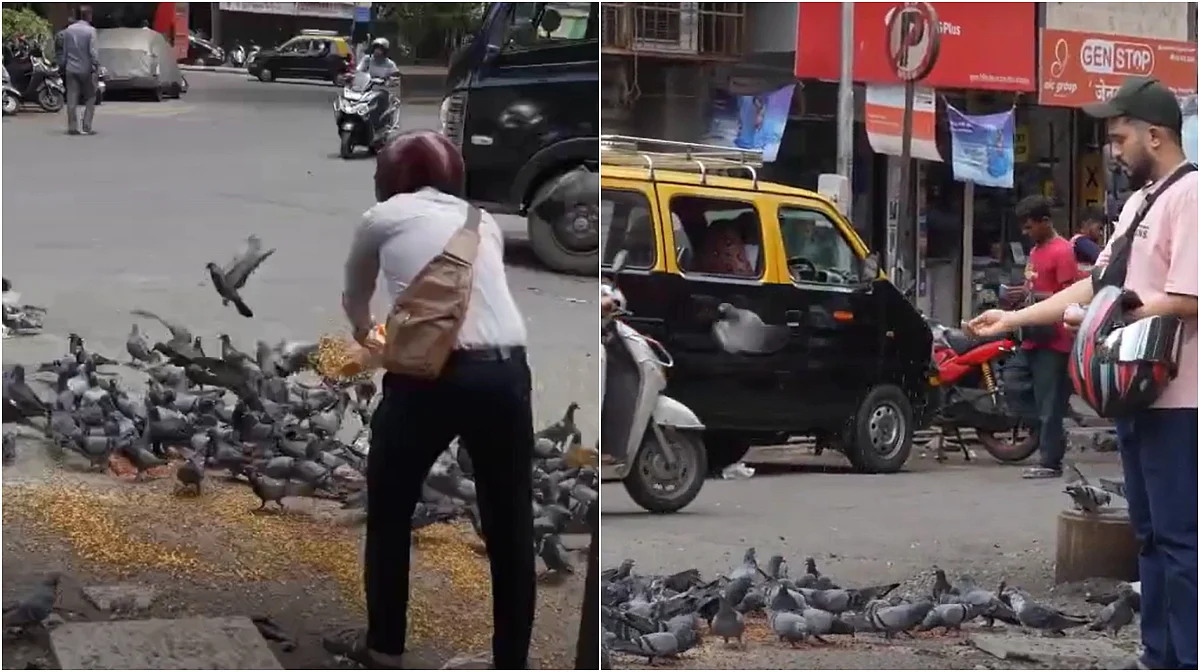
The petition was filed by animal lovers Pallavi Patil, Sneha Visaria and Savita Mahajan, through advocates Harish Pandya and Dhruv Jain, challenging the BMC’s demolition of kabutarkhanas since July 3. The HC had restrained further demolition on July 15.
Anant Pai, son of advocate Ratnakar Pai—who died of a lung condition allegedly caused by pigeon droppings—also intervened in the matter.
